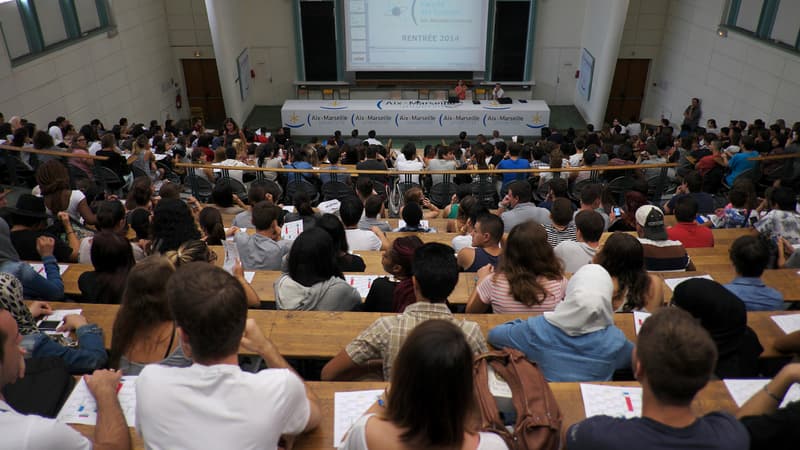France retains its place in the top 20 of the ranking of the most attractive countries. This is revealed by the latest edition of the Global Talent Competitiveness Index, published this Thursday. Designed by the Insead management school in partnership with Portulans, this indicator measures the ability of countries to produce, attract and retain human capital in their territory.
To do this, its authors studied six groups of variables based on “internationally comparable and verifiable” data, such as the fiscal and regulatory framework, the quality of education, social protection, employability and training of the workforce.
However, for the second consecutive year, France is ranked 19th out of 133 countries studied.
Education and training, France’s strengths
In this subcategory, it actually ranks 9th in the world. Specifically, “we see that it is the capacity for ‘permanent’ training that constitutes one of its main assets at this level”, he adds. For this subvariable, France ranks fourth.
However, if France seems to be a country capable of “developing” talent, it seems to have more difficulty attracting them. As for the ability to “attract talent”, it ranks 25th. In this subcategory, the report particularly highlights the lack of tolerance towards minorities in the territory.
France also ranks 21st in the talent “retention” criteria.
Denmark overtakes the United States
Far ahead, Switzerland retains its leading position, just ahead of Singapore, thanks to its stable tax and regulatory environment. The Swiss territory also seems to be the most competent country to retain their talents due, in particular, to the quality of life it offers them. On the third step of the podium, Denmark dethroned the United States.
“Three small countries, that is, with less than 10 million inhabitants, occupy the Top 3 this year,” says Bruno Lanvin.
Beyond these movements, Bruno Lanvin points to relative stability at the top of the table in the long term. “The top 10 and 20 are still about the same as they were nine years ago,” he said.
Emerging trends after the health crisis
Although we will have to wait a few years to observe the possible consequences of the current economic and geopolitical crisis on the attractiveness of talent, the repercussions of the health crisis are already developing. Starting with the generalization of the use of technologies and online work. “In terms of qualifications, this will strengthen the capacity of those who master digital tools,” explains Bruno Lanvin.
The co-founder of the index also observes a fragmentation of working time with, in particular, a multiplication of employers in the careers of workers. However, in a climate of economic uncertainty, this transformation of the world of work brings welcome flexibility to companies.
A worrying phenomenon, according to him, which could ultimately harm the global circulation of talent.
Source: BFM TV


